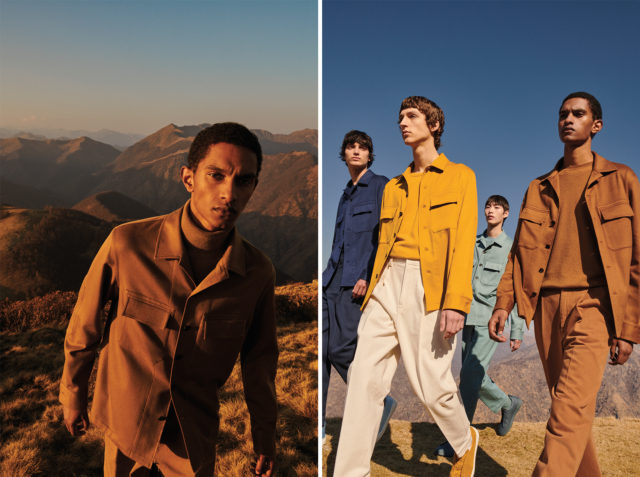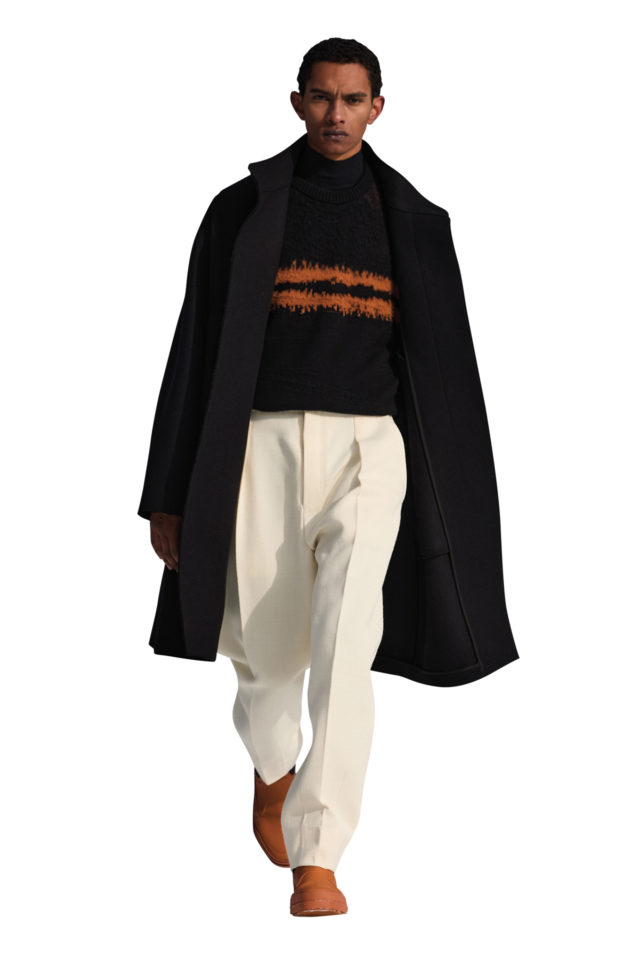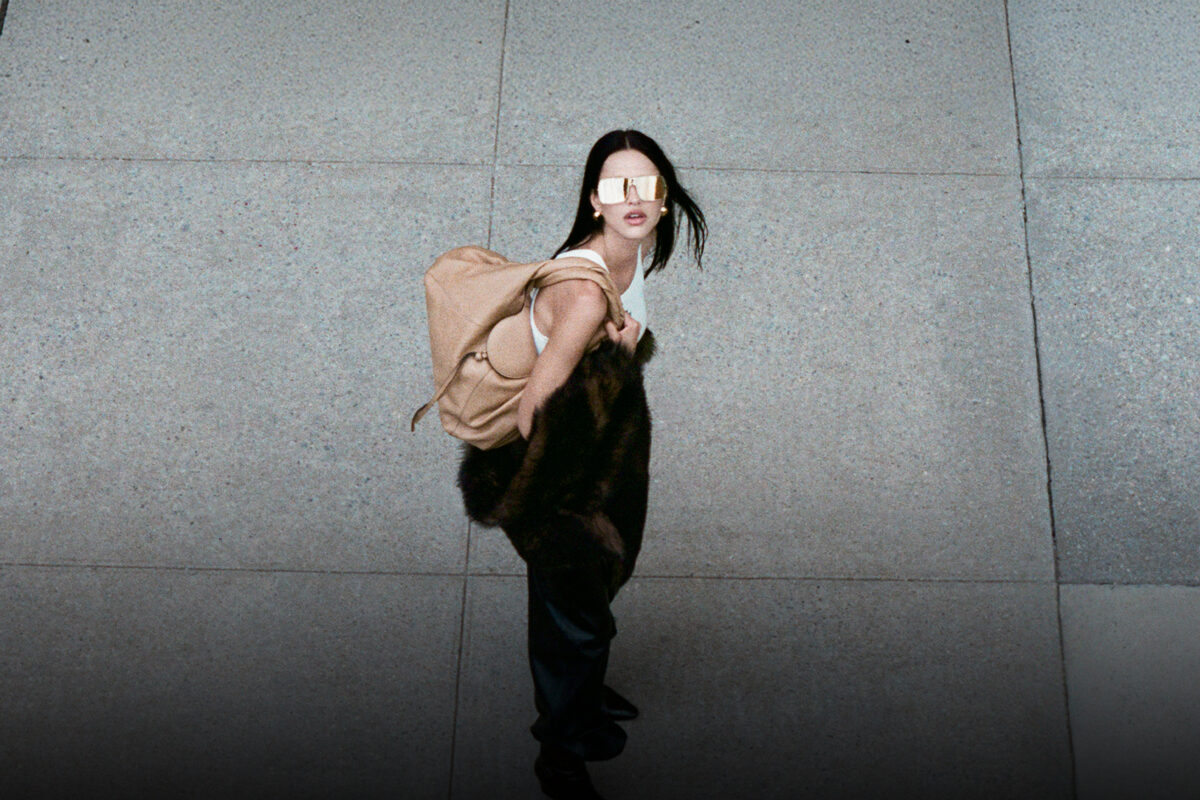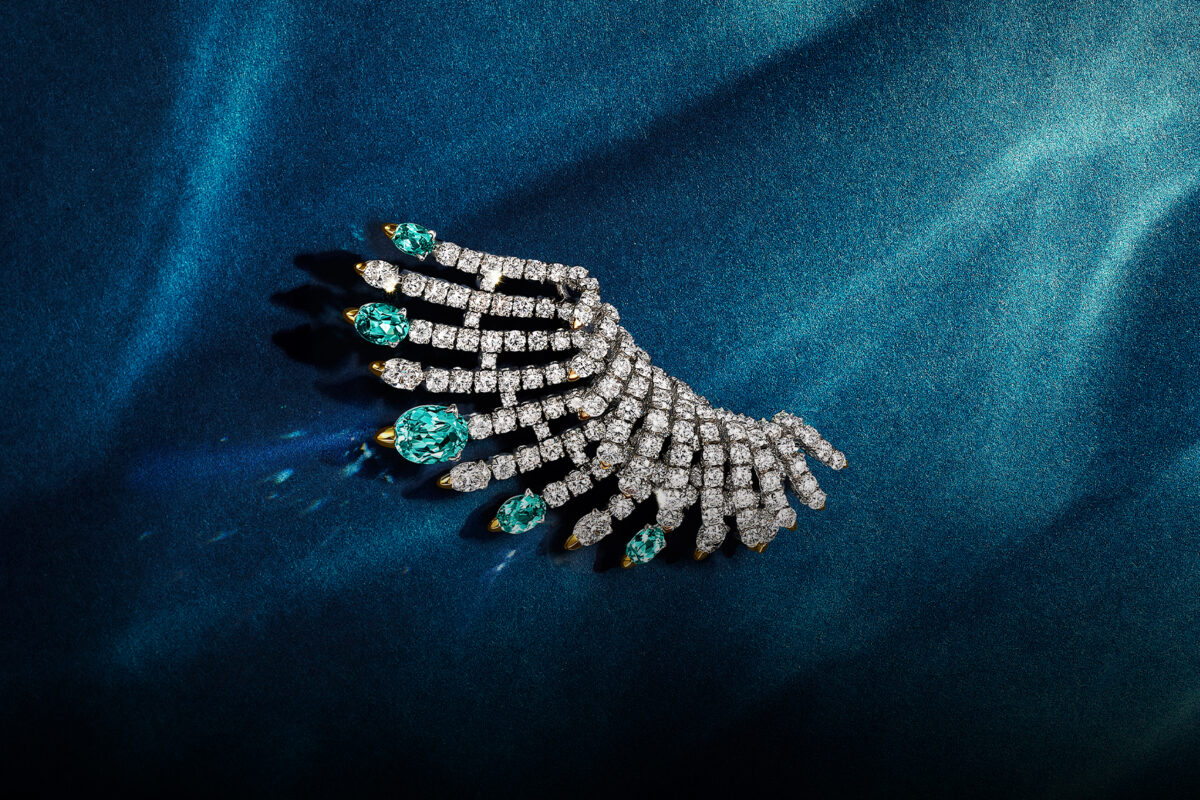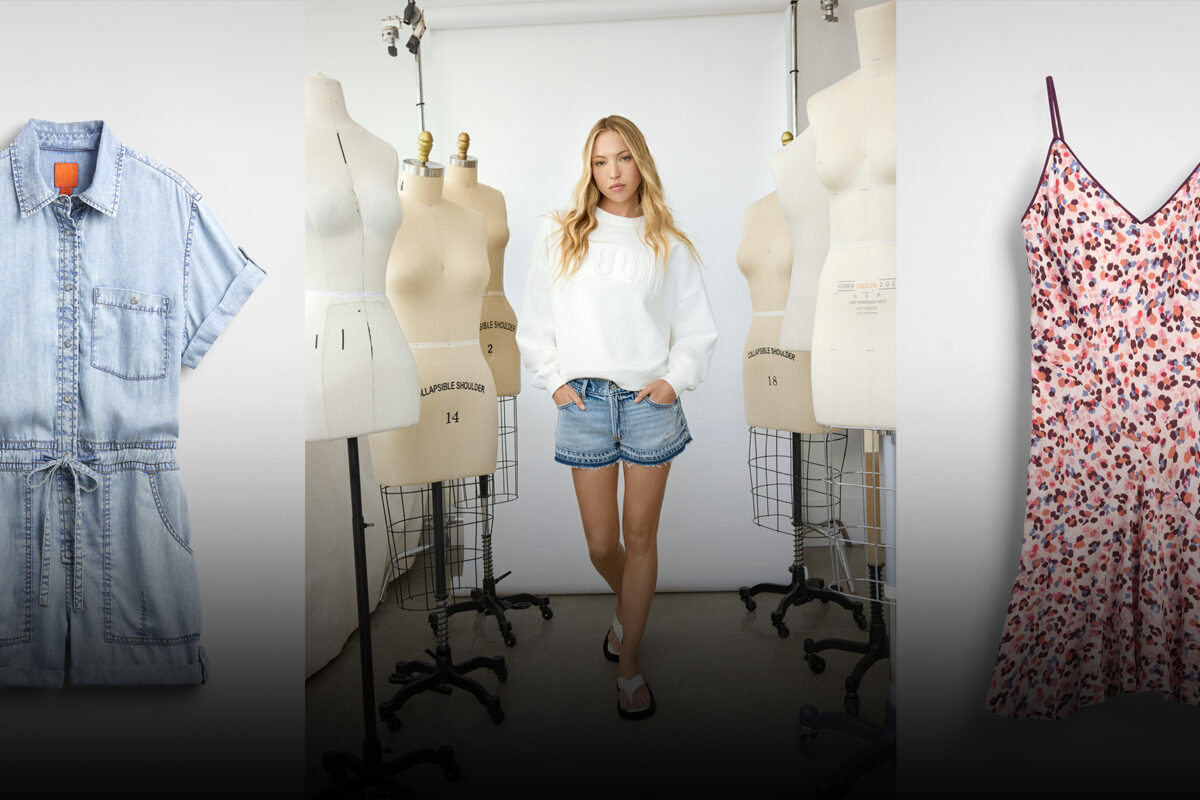The brand’s sleek Oasi Cashmere collection tells you the complete story of every garment
Words by MAX BERLINGER
It’s easy to think of Zegna as a fashion brand because, well, it makes beautifully constructed clothes from the world’s most sumptuous fabrics. But to stop there would be to ignore the fact that the company encompasses so much more. Its scope is perhaps best understood through the lens of Oasi Zegna, the 100-square-kilometer nature preserve nestled among the Biella Alps in Northern Italy.
While many brands have jumped on the sustainability bandwagon, the Oasi, founded in the 1930s, represents how the environment has been at the core of what Zegna does since the very beginning. Among the Oasi’s many features, it is home to a reforestation project wherein the brand’s founder, Ermenegildo Zegna, planted a staggering half-million trees in the 1930s. This dedication to the planet and its natural resources is one reason why the brand has promised to make every textile it uses fully traceable by the end of the decade.
While that may be a few years off, we already can see this project come to life in the Oasi Cashmere collection, a laid-back yet sophisticated 70-piece offering that includes coats and knitwear, some of which was featured in Zegna’s recent show at the conservation as part of Milan Men’s Fashion Week in June.
While each piece is understated and sophisticated—think plush, nubby knits in subtly evocative designs—the real bragging rights are hidden inside each garment, where a scannable QR code allows you to see the complete journey the fabrics made. You may discover, for instance, that your plush, cozy sweater started its life on the back of a goat in Australia before it traveled to Italy to be spun to a buttery thread and then woven at a Zegna-owned facility.
In addition to flexing the brand’s sustainability credentials, the Oasi Cashmere collection demonstrates the beauty of Zegna’s vertically integrated operations. That means the process of making clothes—from farm to hanger—is all overseen in-house (as opposed to outsourced through a network of global supply and logistics chains, which, as we’ve all learned over the past two years, can very easily get backed up). All of this demonstrates how integral Zegna is to Italy’s textile economy; the brand not only makes its own ready-to-wear line but also provides fabrics to some of the biggest names in fashion, including Gucci and the American label Thom Browne, of which it acquired an 85% stake back in 2018. Earlier this year, the brand listed on the New York Stock Exchange, yet another example of its expanding influence. Despite its global might, the company is still a family affair, run by Ermenegildo’s grandson, Gildo.
It’s a blend of technology, environmentalism and fashion that is forward-thinking and doesn’t lose sight of Zegna’s mission to craft intentional, covetable menswear. Luxury today is not just a beautiful product, it’s transparency in how it was made, as well as a process of craftsmanship that is respectful of tradition and honors our most precious resource, the earth. Zegna accomplishes this—a traceable, enchanting collection—without patting itself on the back. It simply delivers the quality that we’ve come to expect. zegna.com.
This story originally appeared in the Fall Men’s Edition 2022 issue of C Magazine.
Discover more STYLE news.
See the story in our digital edition


